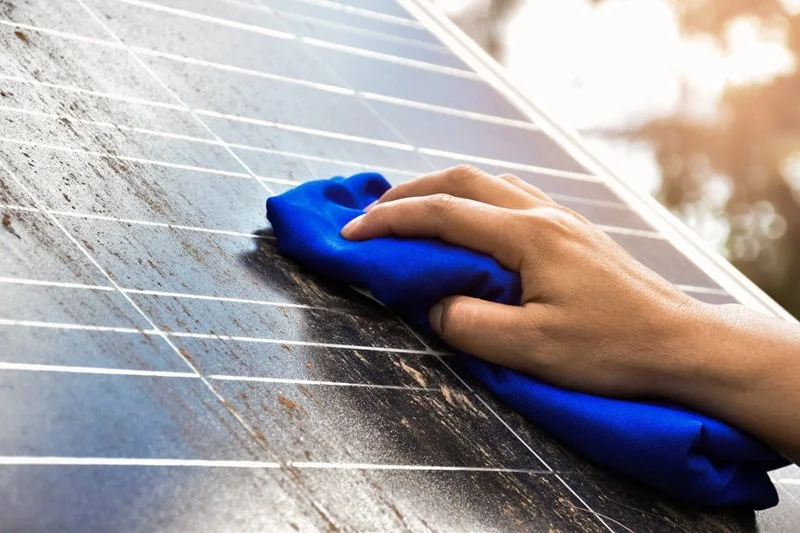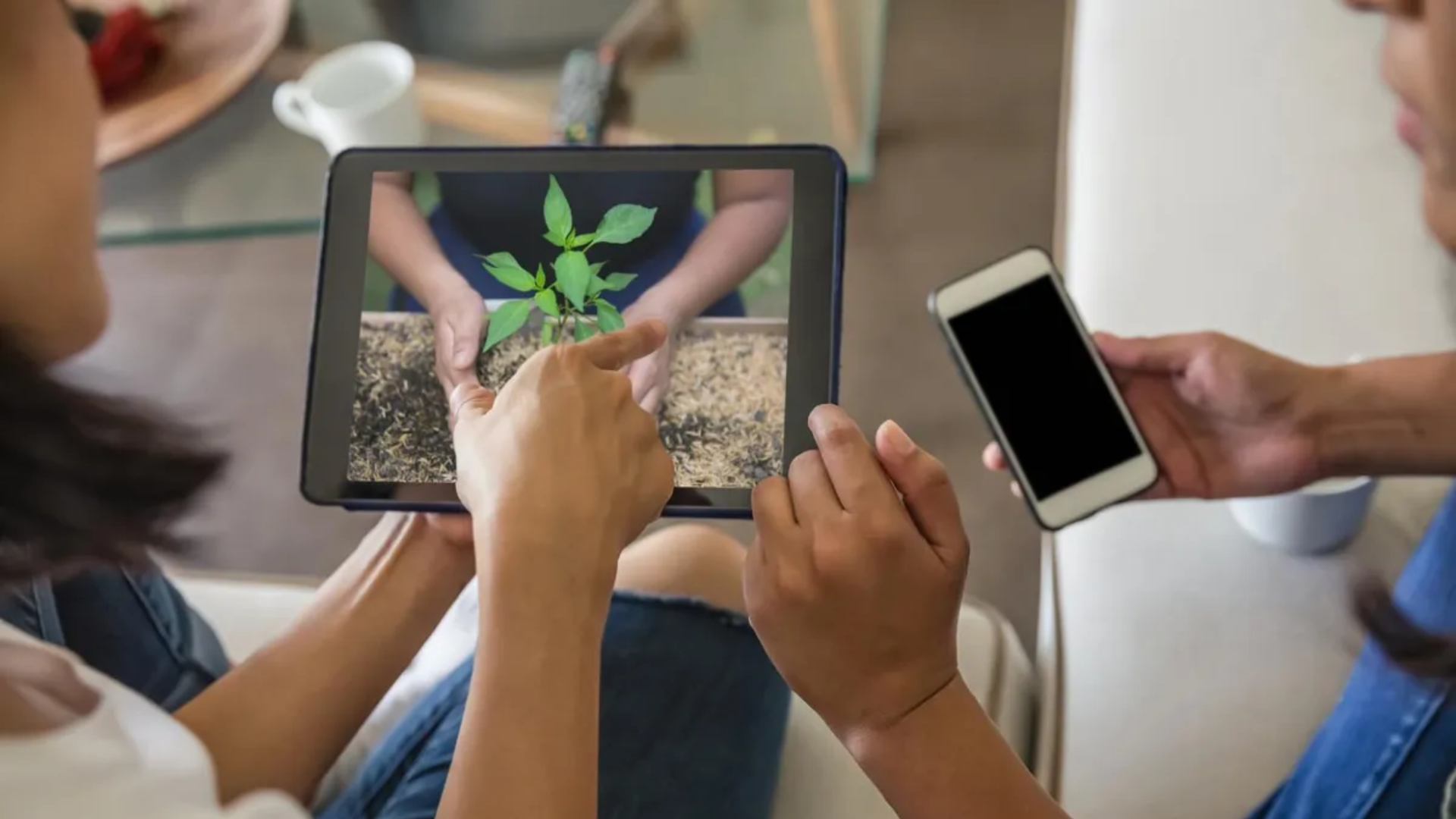10 Simple Healthy Living Tips for Seniors During COVID-19
/It has been over a year since the Covid-19 pandemic changed our lives. Businesses, organizations, governments, and industries have had to make adjustments to ensure their employees' and communities' health and safety and keep their operations in order. Individually, we’ve had to learn how to cope with the new normal as well.
In addition to the frontline workers, seniors have also had to exert extra effort to adapt to the changes brought about by Covid-19. They are, after all, one of the populations most vulnerable to experiencing severe health complications from this virus. If you are a senior or have a senior loved one, you know how important it is to follow health and safety protocols to mitigate the risks of getting the virus. Although a major part of the population in the US has already been vaccinated, Covid-19 is still very much around. As such, now more than ever, a healthy senior lifestyle is vital.
Switching to a new lifestyle may not be easy for many seniors, but it is not impossible to achieve if done gradually and with proper guidance. Healthy living is about making a conscious decision to live a simpler lifestyle and devote more time to what is good for you, the people around you, and the environment. It may sound like a complex task, but it’s not as hard as it seems. As long as you or your elderly loved one are determined to commit to healthy changes, a healthier lifestyle is very much within reach.
It also helps to have a guide or some ideas on what changes you can make. Here are some tips to consider to help get you or a loved one started.
Tips for Healthy Senior Living during COVID-19
As mentioned above, switching to a healthier lifestyle means doing what’s good for you, your family and friends, and the environment. The best way to do this is to start by loving yourself a little more. Pay more attention to your needs – not just physical needs, but those that satisfy your heart and soul as well.
1. Start your day right
Practice waking up each morning with positive thoughts – happy thoughts that can brighten your day, and start it off on the right note. This positive mindset can be fostered with a simple meditation for mindfulness, or a simple yoga or stretching routine, which can help open up your mind to everything good.
Eat a healthy breakfast, the first and most important meal of the day. If you’ve been eating without thinking for the past months, it’s time to shift to healthier alternatives. Try eating some oats and more fruits and vegetables instead of just processed foods, like cereals or bread. Experiment with your options. For example, you can make fresh fruit shakes or juices. Also, make sure you’re hydrating with each meal, and don’t forget to drink water throughout the day.
If you live alone, find time to talk to your family (or friends) over the phone or online via video chat (you can ask a family member to help you with this).
If you live with your family, use breakfast as catch-up time and update each other with what’s happening in your lives. Consider avoiding the serious stuff, though, such as politics and even Covid-19-related issues, as these can be unpleasant breakfast table topics. Try to focus on more light and fun stuff.
2. Set aside 15 to 20 minutes a day
for exercise
Your early morning yoga should not be your only physical activity for the day. You need to exercise regularly to keep your muscles moving and to help improve blood circulation as well. You can walk your dog around the neighborhood (and don’t forget to wear your face mask in crowded areas) – or in your garden/backyard if you want to be safe. Around 15 to 20 minutes of brisk walking every day is a great, low-impact form of cardio.
You may also want to try going on the stationary bike or treadmill or a stepper/elliptical trainer for some low-impact cardio workouts. Don’t overwork yourself, though. This activity is more suitable for younger seniors.
An important reminder: always check with your doctor or therapist first before starting any exercise or physical activity. Also, don't forget to do some stretching before and after every workout.
3. Focus on a new hobby or new project
Staying at home will never be boring if you know how to keep yourself occupied. One of the best ways to do this is to start a new hobby or project. A good example would be creating an indoor or outdoor garden.
Plants are emotional boosters that are calming. Planting can help improve your self-worth and self-confidence. It is also satisfying, adds aesthetics to your home, and provides a healthy and safe distraction.
Another idea would be to do arts and craft projects using recycled materials (so you won’t have to buy stuff – and you can help the environment). For example, you can turn used bottles and other similar containers into spice or condiment organizers and décor. Used cardboards and shoeboxes may also be converted into home décor, photo frames, office organizers, or storage boxes.
4. Embark on home improvement projects
Rearrange a portion or several areas of your home. Limit your activity to the smaller, lighter stuff. Do not attempt to carry furniture or anything too heavy for you. Remember, your health and safety are your priority.
Make your home green. There are simple ways to do this. You can use non-toxic and sustainable materials. You can ask a family member to help you with securing these items. Another idea would be to ensure that your appliances are certified with an Energy Star, which means they are energy-efficient.
You can also put indoor plants in strategic areas in your home (if you do not yet have an indoor garden).
5. Keep your mind active
An active mind is a healthy mind; as such, don’t hesitate to try out brain-stimulating activities like
reading
browsing the internet (you can ask your grandchildren to help you with this)
playing games like Sudoku, chess, Words with Friends, and even online games
doing crossword puzzles or trivia games
drawing or painting
making a scrapbook or writing a journal
organizing your photo albums
6. Schedule a “quiet time”
Spending some time alone is healthy because it allows you to relax and reflect. It’s good for your mind, body, and soul. Set aside at least one hour a day as your quiet time. It can be a mid-day, mid-afternoon, or pre-bedtime meditation.
You can listen to meditative music or soothing sounds if you want. Breathe in and breathe out, relax, and try to keep your mind free of any thoughts.
7. Prioritize your hygiene
Just because you spend most of your time at home doesn’t mean you can take personal hygiene for granted. Taking a bath or showering regularly is a commitment to a cleaner and healthier lifestyle.
Also, brush your teeth at least twice a day. You should wear fresh and clean clothes every day, too. Ensure that your sheets, pillows, and other beddings are changed regularly.
8. Find time for entertainment
Entertainment is a way of relaxing, especially at a challenging time such as the one we have now. It’s a way of decompressing from the stresses of life. Always find time to pause and take a break for some fun and good entertainment. As long as you’re not spending hours each day sitting in front of the tv, watching entertaining programs can be good for your body and mind.
Watch your favorite shows or movies on TV, Netflix, cable TV, or any streaming service. You can also choose to watch videos on YouTube; be sure to select those that make you happy and feel good. Happy hormones can help improve your general well-being.
Listening to music is also a good form of entertainment. Want to go a step further? Try music therapy, which has been scientifically proven to help senior with cognitive function and stress reduction, among other benefits.
9. Spend time under the sun
It’s advisable to avoid going out in places with big crowds, but you can always go out into your garden or backyard. Spend at least 15 minutes every day under the morning sun (before 10 am, if possible) to get vitamin D, which is good for building your immune system – aside from keeping your heart, muscle, and bone healthy. It is also great for regulating your sleep, alleviating some symptoms of Alzheimer’s and dementia, and combatting depression. If possible, avoid spending long periods of time in the sun between 10 am and 4pm, the hottest part of the day. Better yet, be sure to protect your skin with a good SPF cream no matter what time of day you’re out enjoying the sun.
10. Eat a healthy diet and follow good sleeping habits
A well-balanced diet and at least 7 to 8 hours of sleep are essential for good health. Here’s what you should do to ensure that your diet and sleep are aiding and not undermining your health:
Eat on time
A good and healthy meal: more fruits and vegetables, less salt, starchy food, and sugar
Don’t forget to take your vitamins – and medications (if there are any) on time
Tips for getting a good night’s sleep include the following:
Avoid watching or reading anything that can trigger anxiety or negative thoughts before going to bed
Don’t drink coffee, soda, or alcohol, and don’t eat close to bedtime
Follow a regular sleeping schedule (ex. lights off at 10 pm)
Turn off the TV and all gadgets and devices once you are in bed
The tips above may be simple ones, but they are vital to helping seniors like you cope with the health and safety challenges of Covid-19. Talk with your family members, loved ones, or your healthcare worker if you need guidance in your quest for a healthier lifestyle.
Melissa Andrews is the Content Marketing Strategist for Paradise Living Centers, an assisted living center for seniors with locations in Paradise Valley and Phoenix, Arizona. In her spare time, she enjoys cooking and going on hiking trips with her siblings and cousins.
Like this? Please pin!











































